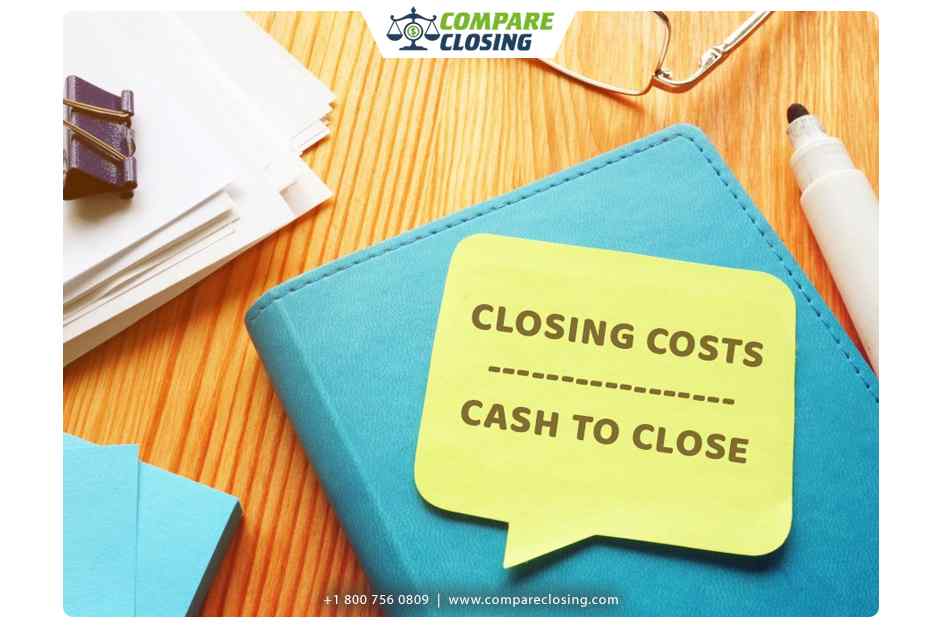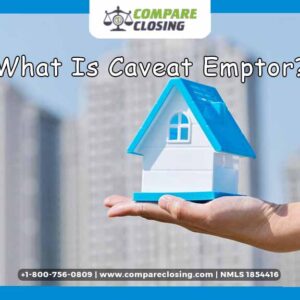Table of Contents
- What Are Netting Escrows & How Does It Work?: The Best Guide - January 2, 2024
- The Secret About Prescriptive Easement: Top Guide 1 Must Know - December 4, 2023
- About Home Equity Loans In Texas And How Can One Obtain It - November 27, 2023
Closing Costs vs Cash to Close
When you are buying or refinancing a home and want to know how much money you’ll need on the day of closing, then ask your lender what your total ‘cash-to-close’ number would be instead of asking him what the closing costs will be.
Sometimes lenders could evade the answer of ‘closing costs’ questions, some are dishonest, while others would leave out third-party costs or could leave out prepaid & reserves.
There is a huge difference, so you must know the difference between closing costs vs cash to close.
When you understand the difference between closing costs vs cash to close you will know which one of these gives you the actual number that you will need to buy a home.
There are 3 components, which make up the total cash to close number on the closing day.
Located on the first page of the Closing Disclosure, at the end are two lines, which can be quite confusing. One of the sections is marked “Closing Costs” and the other is marked “Cash to Close.”
These terms are not just connotative, they actually are two well-defined components that involve the costs you will pay at closing.
Your mortgage lender provides you a legally required document, which is your closing disclosure and this document defines crucial details of your mortgage.
Details like how much would you need to pay in closing costs, how much has been already paid, and how these compare to your loan estimate are all Included in this document.
What is Closing Costs?
Closing costs refer only to the fees that need to be paid to your mortgage company to close on your loan.
Depending upon your loan type, state, down payment and the size of the loan these costs will vary. Some fees are much more common than others.
Listed are a few of the more common fees that you might pay:
- Application Fee To process your mortgage lenders will charge an application fee. This is the initial administrative charge of processing your application.
- Attorneys Fee or Settlement Fee To help finalize your title transfer a real estate attorney is needed. You will be charged a settlement fee if you use an escrow agent.
- Recording Fee The cost incurred in transferring property from the seller to the buyer is called the recording fee. The county of register determines the rate. For example, the recording fee in Oakland County and Macomb County starts at $30.00. In Wayne County, the first page costs $15.00 and for each page thereafter it is $3.00.
- Title Search / Title Insurance To protect your new home’s title against third-party claims you need to opt for Title insurance. A title search checks for past bankruptcies, liens, or other factors that could bring into question the status of your new property. Insurance is paid at closing and as long as you own the property it offers protection for your home.
- Appraisal Fee An estimate of the value of your home performed by a professional third-party is called an appraisal. An appraisal is used by lenders to determine if they are lending more money than the actual worth of the home.
- Origination Charge is a charge that covers the cost of underwriting the loan.
- Private Mortgage Insurance When a home is purchased with less than a 20% down payment with a conventional mortgage, then the lender will require you to purchase private mortgage insurance (PMI). If you default on the loan then this insurance will protect the lender. The first month’s PMI is paid at the time of closing.
this will provide you with an idea of the general composition of the costs even it is far from the exhaustive listing of closing costs. These costs are essential to close your loan and necessary to make your mortgage work.
What is Cash to Close?
Cash to close is not limited to just your closing costs, it represents the total amount of money that you will need to close on your new home.
Cash to close includes your total closing costs after deducting any of those, which will be financed or rolled into the overall loan amount.
The calculation also includes your down payment and subtracts the earnest money that you already paid with your original contract. It will also include any seller credits, refunds for overpayments, or any other credits.
So the sum of your closings costs and down payment minus earnest money, credits, or refunds is what your cash to close will be.
As you can see, a significant portion of cash to close will represent closing costs, even if there are additional amounts that go into calculating the cash to close.
Your Closing Disclosure has all of these costs detailed under their own headings. Just above the cash to close amount your closing costs are listed in on heading.
Conclusion
Now you know the difference between closing cost vs cash to close, you know that your closing disclosure lists the total amount of money you’ll pay during your mortgage closing.
If you’ve already made your down payment or you’ve already paid closing costs, you’ll see a reduction in your cash to close. Always remember to keep careful records so you can discuss any discrepancies with your lender.
Amanda Byford
Amanda Byford has bought and sold many houses in the past fifteen years and is actively managing an income property portfolio consisting of multi-family properties. During the buying and selling of these properties, she has gone through several different mortgage loan transactions. This experience and knowledge have helped her develop an avenue to guide consumers to their best available option by comparing lenders through the Compare Closing business.





